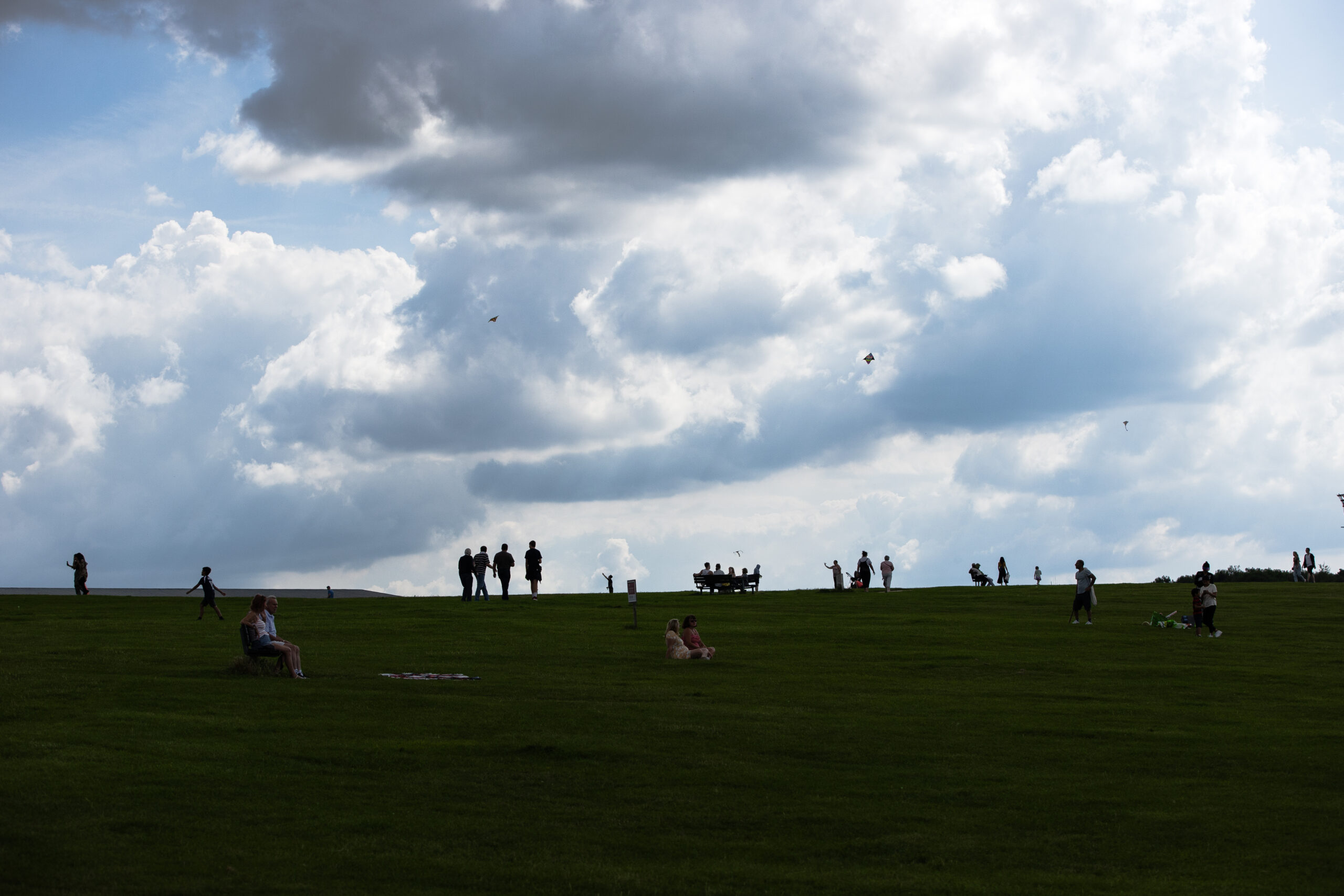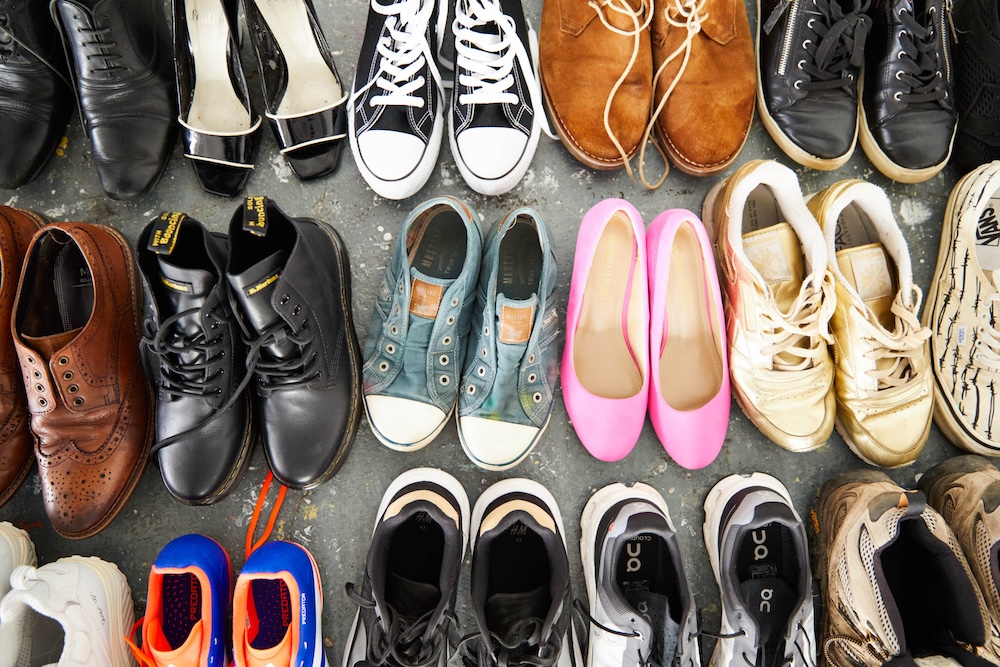87% of Britain’s schools in toxic air neighbourhoods, with 12 million children at risk
- More than 25,000 British schools are in areas exceeding World Health Organization (WHO) air quality guidelines, new analysis shows.
- A shocking 850,000 children are exposed to air pollution that is more than double the WHO guidelines.
- Campaigning coalition Health Equals is highlighting clean air as one of the essential ‘building blocks of health’, with toxic air contributing to lives being cut short by up to 16 years across the UK.
A new campaign from Health Equals shows the scale of toxic air across England, Scotland and Wales, with more than 25,000 schools in areas that breach World Health Organization (WHO) air quality guidelines. With 12 million children at risk of serious, long-term health problems, from asthma and other lung conditions to increased risk of heart disease and stroke; analysis also found that toxic air disproportionately impacts deprived areas, and neighbourhoods with higher ethnic minority populations.
Health Equals, a coalition of 85 organisations across different sectors, including Mind, the British Red Cross, Legal and General, the Local Government Association, Citizens Advice, Global Action Plan, Crisis, The Wildlife Trusts and the Joseph Rowntree Foundation, commissioned data which shows that in Britain:
- WHO air quality guidelines were breached in over 35,000 neighbourhoods (84%)
- 25,000 schools (87%) are in neighbourhoods with air pollution above WHO guidelines
- 12 million children (90%) live in neighbourhoods where pollution breached WHO guidelines
- 2,400 neighbourhoods (6%), 1,654 schools (6%) and 850,000 children (6%) are exposed to air pollution more than double the WHO guidelines.
A recent report by the Royal College of Paediatrics and Child Health (RCPCH) also found that air pollution is now the second leading risk factor for death in children under five in the UK.
While the analysis shows that a staggering 90% of the British population live in areas that exceed WHO guidelines, only one in three (33%) people are aware the air where they live is damaging their health.
What’s more, the general public is unaware of the severity of the health risks. New polling reveals that while 70% of the UK public are concerned about outdoor air pollution, less than half (49%) realise it can lead to poor lung development, asthma (49%) or lung cancer (44%).
Parents are the most concerned about air quality, with two in three (67%) parents believing that politicians should take action to reduce air pollution. 63% of parents with children aged 10 and under say they feel motivated to call on the Government for change.
The new findings are being released as part of Health Equals’ Make Health Equal campaign, to highlight alarming health inequalities: where toxic air, alongside other issues including poor income, unstable jobs and unsafe homes, are contributing to an alarming 16-year gap in life expectancy across the UK. Health Equals is calling for a cross-government strategy that prioritises action on these essential building blocks of health, to stop lives being cut short.
The campaign is being supported by a number of high-profile voices including former long-distance runner and three-time winner of the London Marathon, Paula Radcliffe, who has acted as a UN Environment Advocate for Clean Air, two-time Olympic boxing champion Nicola Adams OBE as well as doctor, author and NHS GP and broadcaster Dr. Ellie Cannon. The wider creative campaign will roll out across paid media (including social and digital) and Health Equals’ own channels.
Nicola Adams OBE, commented:
As an athlete, clean air wasn’t just important — it was essential. You train hard, eat right, do everything to be at your best, so the air you breathe should also be safe. That’s why I’m happy to be supporting Health Equals in pushing government for change. Now, as a parent, I see the impact of polluted air more clearly than ever. My son has struggled with breathing issues, and it’s heartbreaking to think that whilst simply attending school, he’s at risk. I also work with young people across the country, and it shocks me how many of them are growing up in toxic environments they can’t escape. Clean air isn’t a luxury — it’s a basic right. No child should have their potential limited by the postcode they grow up in.
Angela Fonso, mother, air quality campaigner, and co-founder of Clean Air for Southall and Hayes (CASH), added:
No one should have to worry if the air in their home is making their children sick — but for families like mine, toxic air is a daily reality. My daughter needed an inhaler by her teens, and I developed a constant wheeze. When my daughter was diagnosed with asthma, we were shocked to learn that pollution on our walk to school might be making it worse. It’s simply not fair that while some enjoy clean air without question, others—often in marginalised communities—are left to suffer. We want to give our kids the best possible start in life – and that means clean air, no matter where you live. Clean air must be a right, not a privilege.
Paul McDonald, Chief Campaigns Officer at Health Equals, said:
Our health is shaped by the world around us – from the air we breathe, to the homes we live in, the money in our pockets and the work we do – these are the building blocks of health.
Clean air isn’t just an environmental issue — it’s a clear example of health inequality in the UK. While some children breathe safely, many grow up in areas where toxic air damages their lungs before they even reach school. Clean air is just one part of the problem, and that’s why we’re calling for a cross-government health inequalities strategy to Make Health Equal.
Lives are being cut short by up to 16 years in parts of the UK. The air we breathe is part of the problem. Let’s #MakeHealthEqual.



